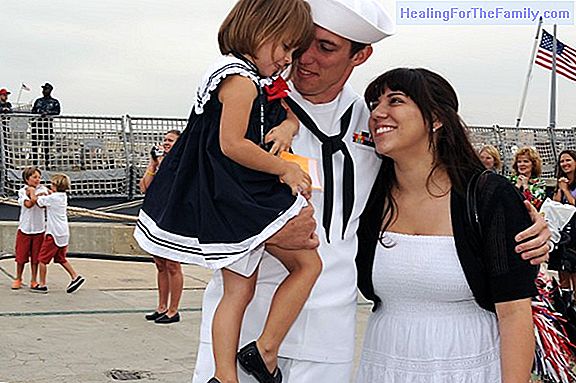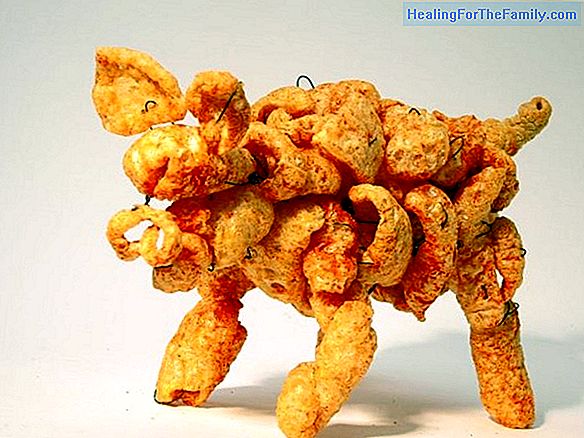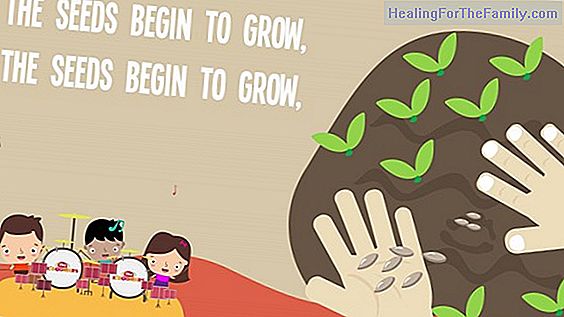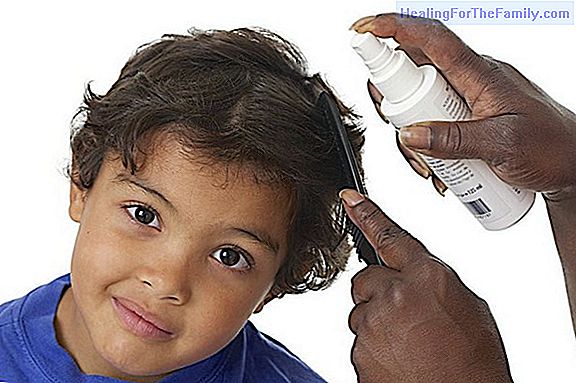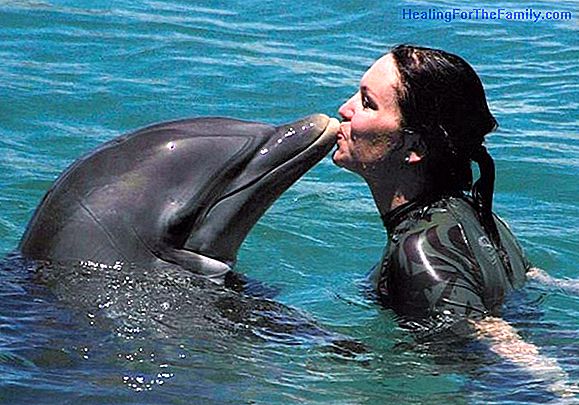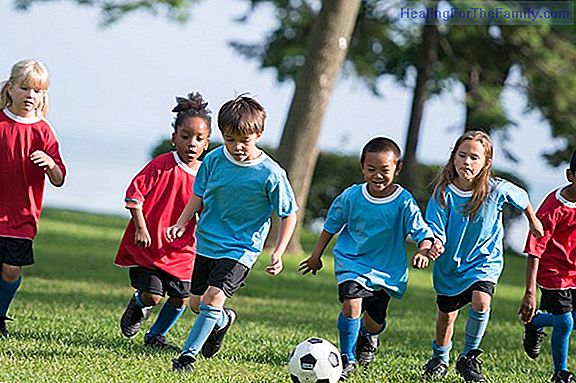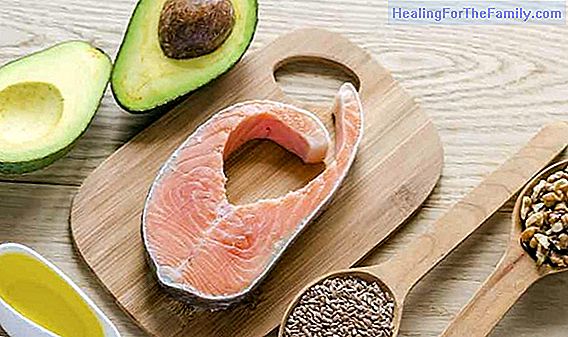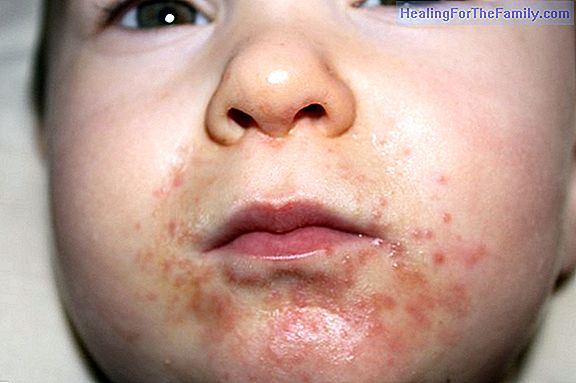When the adopted child wants to meet his biological parents
There comes a moment in the life of every adopted child in which questions about their origins are obligatory . This moment and the way to approach it will always depend on two things: on the child's own characteristics (his personality) and on the attitude of the parents towards adoption. When we t
There comes a moment in the life of every adopted child in which questions about their origins are obligatory. This moment and the way to approach it will always depend on two things: on the child's own characteristics (his personality) and on the attitude of the parents towards adoption.
When we talk about the characteristics of the child, we refer to his curiosity, his need to know, whether he was adopted as a baby or as an older child, if he has memories of his biological family and the type of memories, that is, whether they are nice or not But what should parents do in this situation?
What to do if the child wants to meet his biological parents
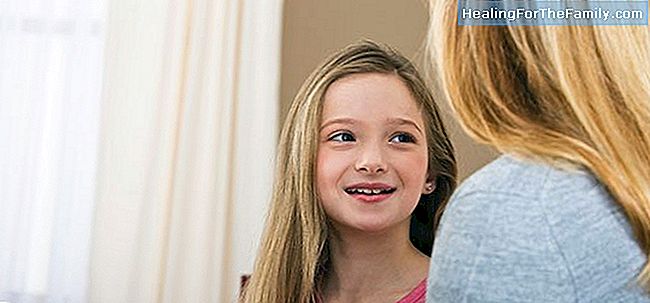
About the attitude of the parents we distinguish between the families that speak openly about the matter or those parents for whom the topic is taboo, either because they believe it is painful for the child because it is painful for themselves.
Ideally, our son should know that he is adopted from the first moment and that he spoke naturally about the day he arrived, from his country of origin if it comes from an international adoption. Here are some tips for parents to address this issue: Que - That we do not try to hide his history because it is part of him, of his identity and as it happens to all, can not be separated from it.
- As parents, we should not feel bad or blame ourselves because we want to look for their origins. That our son wants to know his biological family
does not mean that we have done badly as parents que or that he will stop us from wanting to go with them; It means that he has some personal, personal needs that he must satisfy in order to advance as a person. - It is important that the information given to the child is adapted to their age
although it must always be real and focused from a deep respect to their biological parents. We must emphasize that his biological family does love him and yes they have loved him but that, for many reasons of older people, they have not been able to take good care of him and they have preferred that he live with us, that we take care of educating him, since they had a complicated situation. And when we do not know how to respond to any of their questions, we must also tell them with all naturalness and without lying, since that will take us away from our son. Es - We probably do not know much about the biological family of the child, but you do not have to be very smart to know that your situation has not had to be easy and that your reality is difficult to assume. For this reason, it is important that, when our son proposes to know his biological family, we ask ourselves if he is mature enough to face that reality and if he will be able to understand it, since in many cases children idealize their biological families. . But we must never object to the search; In fact, we should insist that you count on us to do so because we can help you manage events and establish a moment to start that process, such as coming of age, to reassure you that it is something that will happen but making sure that be at a time when our son is ready. It may be a painful issue for us as parents, but we should be there to help him
in that very meaningful moment for him. And if we have doubts about how to deal with it, a good idea is to ask an expert professional for help to advise us on how to proceed in our particular case.


